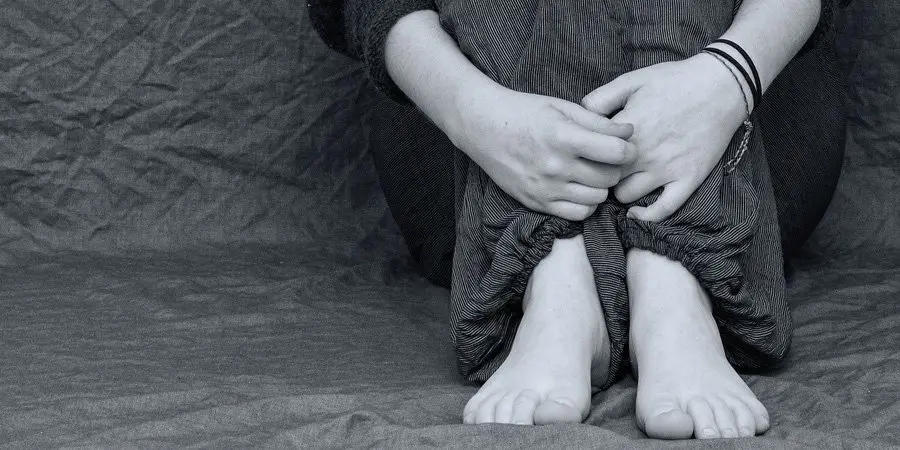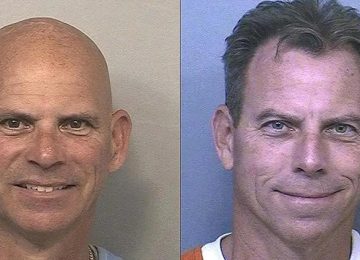Lyle and Erik Menendez in 1996 were sentenced to life imprisonment without the possibility of parole for the murder of their parents, Jose and Kitty Menendez, in their Beverly Hills mansion.
The prosecution indicated that the motive for the crime was the brothers’ greed to keep their parents’ fortune, estimated to be around $14 million. The brothers confessed that they acted in self-defense due to the sexual abuse and mistreatment they suffered during their childhood and adolescence by their father, and that their mother, knowing this, did nothing to protect them.
Today this case is back in the news thanks to the premiere of Ryan Murphy’s Netflix series, Monsters: The Lyle and Erik Menendez Story, which recreates the events that took place before, during and after the parricide, generating a debate about the brothers’ motives for committing the crime.
In the first trial, the jury did not reach a unanimous verdict, hence, the case was overturned. Then, in a second trial, the sentence was shocking: two life sentences without the possibility of parole.
And although their request was to be in prison together, it kept being denied. The reason the prison system gave consisted of the possibility that together they might pose a security risk to the institutions.
For the brothers, the separation was devastating. Lyle, the older brother, felt responsible for not caring for his brother Erik in prison. However, over the years they maintained communication through letters and calls.
Despite the difficulties, they continued to fight to be transferred to the same prison, until in April 2018, after many petitions and legal appeals, they finally succeeded and were reunited at Richard J Donovan State Prison in Southern California.
“I felt that, finally, I had a chance to heal”, Lyle said in the documentary, when he saw his brother again after 21 years apart.
“Being able to hug my brother after so long was overwhelming. I couldn’t believe it. It was pure happiness”, Erik expressed.
And even though the brothers are serving a life sentence, they feel they found some peace in being able to see each other on a daily basis, after 21 years.
On Netflix, a documentary called The Menendez Brothers was recently released, in which Lyle and Erik talk about their case, showing a personal perspective of everything that happened.
Lyle is now 56 years old and Erik 53 years old, and although they do not justify what they did to their parents, they admit that the sexual abuse they suffered as children left severe traumas.
According to experts, men and boys who have been sexually assaulted may experience the same effects of sexual assault as other survivors and may face other challenges that are present only from their experience.
Some men who experience sexual assault as adults feel shame or self-doubt because they believe they must have been “strong” to stand up to their abuser. A few have an erection or ejaculate during a rape, and this is a normal physiological response that does NOT indicate desire or enjoyment.
George Gascón, Los Angeles District Attorney, pointed out that after three decades, sexual abuse lawsuits against men are now taken seriously, not as at that time when they were mocked.
Thus, the brothers’ lawyers requested a review of their case. In October, prosecutor Gascón announced that he will review new evidence related to the abuse the brothers reported during their trial.
Lyle and Erik Menendez were summoned on November 29 because there is apparently new evidence that could change the verdict given to the brothers 35 years ago.
Here I will share with you a list that includes common attitudes shared by some boys and men who survived sexual assault, as it could be a guide to know if others are going through similar experiences:
- Anxiety, depression, post-traumatic stress disorder, and eating disorders.
- Avoidance of people or places that remind them of the moment when the sexual assault occurred.
- Fear of the worst happening and feeling a sense of an uncertain future.
- Concerns or questions about sexual orientation.
- Isolation.
- Feeling less of a man or not in control of their own body.
- Difficulty sleeping.
- Nervousness.
- Guilt about not being able to stop the abuse (especially if there was an erection or ejaculation).
If you or a family member or friend has been through a situation of sexual abuse, do not be silent, silence is an accomplice, not even close to be the cure. You are not alone; you deserve support and the opportunity to heal.
Traducción del español: Catalina Oviedo Brugés
















